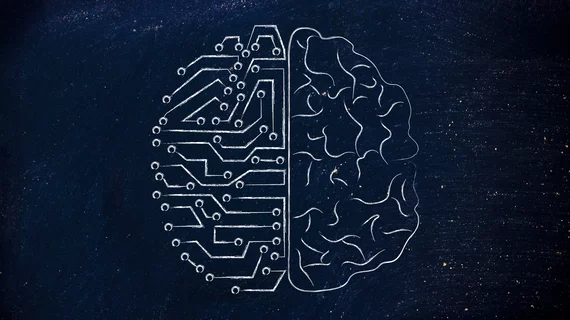Fujifilm SonoSite collaborates with AI institute
Fujifilm SonoSite and the Allen Institute of Artificial Intelligence Incubator (AI2 Incubator) have announced a new collaboration focused on using AI to interpret ultrasound examinations.
Fujifilm SonoSite is aiming to improve the analysis of ultrasound images with help from custom deep learning models, according to a prepared statement, “allowing for the interpretation of a much wider range of ultrasound scenarios.”
“The AI2 Incubator was a perfect place to look for help in creating breakthrough technology,” Rich Fabian, president and COO of Fujifilm SonoSite, said in the statement. “They have the type of talent that is hard to recruit, combined with the ambition of a startup. We look forward to collaborating more.”
“The combination of deep learning and medical imaging is very exciting for the future of detection—better care and catching anomalies earlier and faster is a core mission,” Diku Mandavia, MD, senior vice president and chief medical officer of Fujifilm SonoSite, said in the same statement.
Ultrasound is more affordable and portable than other imaging modalities; it also does not expose patients to ionizing radiation. Fujifilm SonoSite and the AI2 Incubator hope to make an impact on patient care by improving one of the primary disadvantages of ultrasound: its image quality compared to other modalities.
“In building new AI-based capabilities in affordable ultrasound devices, we hope to bring them to underserved markets to improve healthcare around the world,” Dr. Vu Ha, technical director of the AI2 Incubator, said in the statement.

